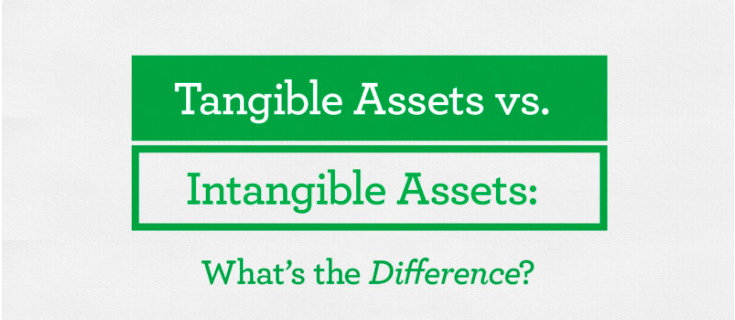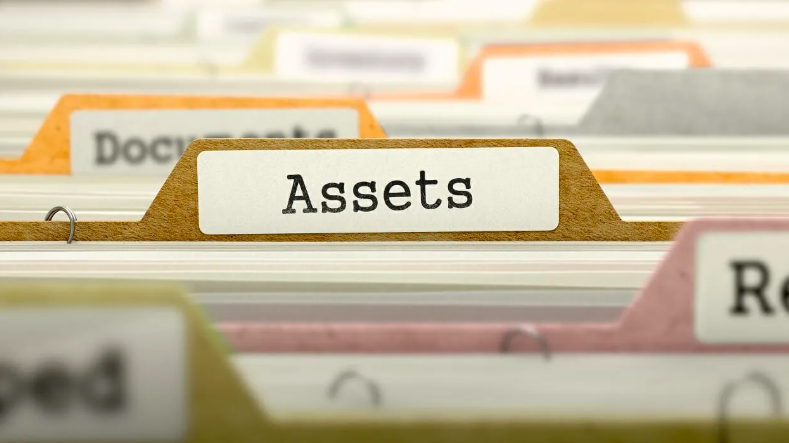
Top Legal Mistakes Property Managers Should Avoid
Property management is a complex field that requires a deep understanding of legal regulations and compliance. Making legal mistakes can lead to costly lawsuits, fines, and damage to your reputation. Whether you’re a seasoned property manager or just starting out, it’s crucial to be aware of common legal pitfalls and how to avoid them. Here’s a guide to the top legal mistakes property managers should avoid:
1. Ignoring Fair Housing Laws
Why It’s a Mistake: Violating fair housing laws can result in lawsuits, fines, and damage to your reputation.
How to Avoid It:
Familiarize yourself with federal, state, and local fair housing laws.
Avoid discriminatory practices based on race, color, religion, sex, disability, familial status, or national origin.
Use consistent screening criteria for all applicants.
Train your staff on fair housing compliance.
2. Failing to Maintain Proper Documentation
Why It’s a Mistake: Poor documentation can make it difficult to prove your case in legal disputes.
How to Avoid It:
Keep detailed records of all tenant interactions, maintenance requests, and financial transactions.
Use property management software to organize and store documents securely.
Retain records for the required period (usually 3–7 years, depending on local laws).
3. Skipping Tenant Screening
Why It’s a Mistake: Renting to unreliable tenants can lead to late payments, property damage, and evictions.
How to Avoid It:
Conduct thorough background and credit checks.
Verify employment and income.
Contact previous landlords for references.
Use a standardized rental application to gather essential information.
4. Not Having a Written Lease Agreement
Why It’s a Mistake: Verbal agreements are difficult to enforce and can lead to misunderstandings.
How to Avoid It:
Use a written lease agreement that complies with local laws.
Include clear terms for rent, security deposits, maintenance responsibilities, and lease duration.
Have the lease reviewed by a legal professional to ensure it’s airtight.
5. Mishandling Security Deposits
Why It’s a Mistake: Improper handling of security deposits can lead to disputes and legal penalties.
How to Avoid It:
Follow local laws for collecting, storing, and returning security deposits.
Provide tenants with a written receipt and a list of deductions (if any) when they move out.
Return the deposit within the required timeframe (usually 21–30 days).
6. Neglecting Maintenance and Repairs
Why It’s a Mistake: Failing to maintain the property can lead to tenant complaints, health hazards, and legal liability.
How to Avoid It:
Respond promptly to maintenance requests.
Conduct regular inspections to identify and address issues early.
Keep records of all repairs and maintenance work.
7. Improper Eviction Procedures
Why It’s a Mistake: Illegal evictions can result in lawsuits and financial penalties.
How to Avoid It:
Follow the legal eviction process, including serving proper notices and obtaining a court order.
Avoid self-help evictions (e.g., changing locks, shutting off utilities).
Consult with a lawyer if you’re unsure about the process.
8. Overlooking Local Regulations
Why It’s a Mistake: Ignoring local laws can lead to fines, penalties, and legal disputes.
How to Avoid It:
Stay informed about local housing codes, zoning laws, and rental regulations.
Attend workshops or seminars on property management laws.
Consult with a legal professional to ensure compliance.
9. Failing to Disclose Property Issues
Why It’s a Mistake: Hiding property defects can lead to legal liability and tenant disputes.
How to Avoid It:
Disclose known issues (e.g., mold, lead paint, structural problems) to tenants before they move in.
Provide written documentation of disclosures.
Address issues promptly to avoid further complications.
10. Ignoring Tenant Privacy Rights
Why It’s a Mistake: Violating tenant privacy can lead to legal complaints and damage your reputation.
How to Avoid It:
Provide proper notice (usually 24–48 hours) before entering a tenant’s unit.
Limit entry to reasonable times (e.g., business hours) unless it’s an emergency.
Respect tenant privacy and avoid unnecessary intrusions.
11. Misclassifying Employees and Contractors
Why It’s a Mistake: Misclassifying workers can lead to legal and financial consequences.
How to Avoid It:
Understand the difference between employees and independent contractors.
Provide proper documentation and benefits to employees.
Use written contracts for independent contractors.
12. Failing to Stay Updated on Legal Changes
Why It’s a Mistake: Laws and regulations change frequently, and failing to stay updated can lead to noncompliance.
How to Avoid It:
Subscribe to industry newsletters and legal updates.
Join professional organizations like the National Association of Residential Property Managers (NARPM).
Consult with a legal professional regularly.
Final Thoughts
Avoiding legal mistakes is essential for successful property management. By staying informed, maintaining proper documentation, and treating tenants fairly, you can protect yourself from legal disputes and build a positive reputation in the industry.
Remember, when in doubt, consult with a legal professional to ensure compliance and avoid costly mistakes. With the right approach, you can navigate the complexities of property management while minimizing legal risks.

 March 11, 2025
March 11, 2025



